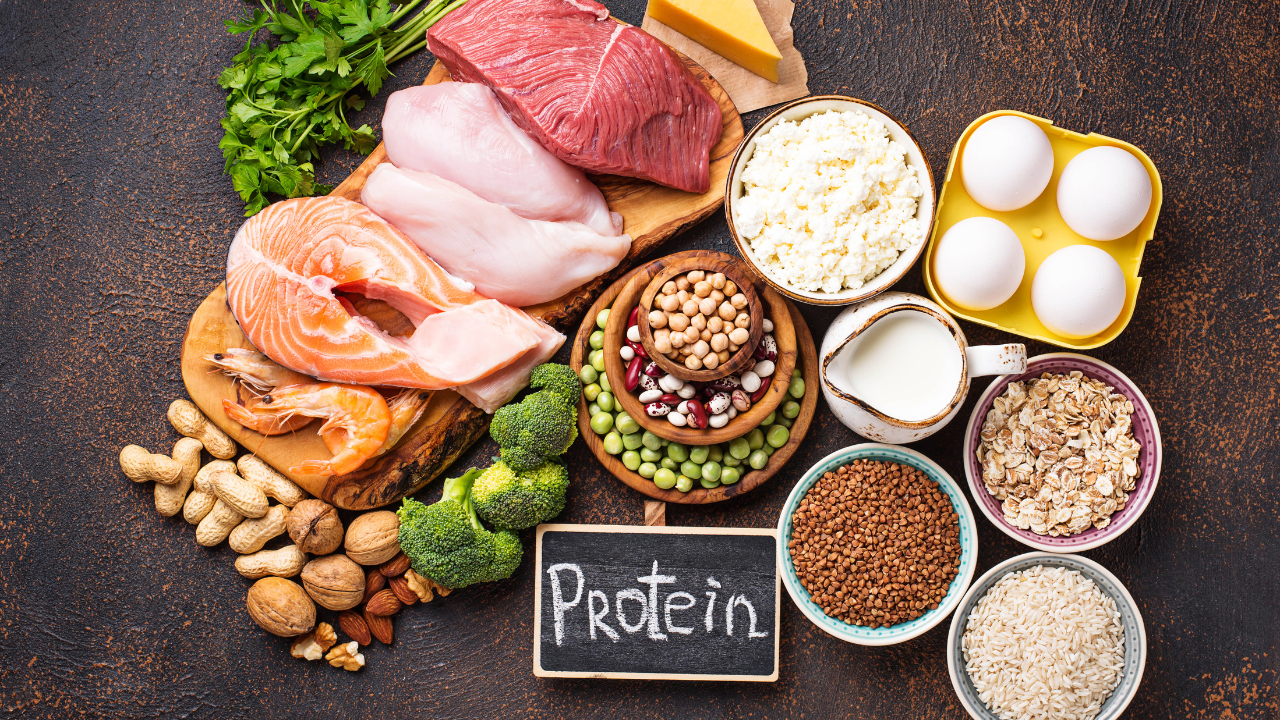The Healthy Living Blog
Menopause Mindset — Why It’s Not About Willpower

If you’re in menopause or peri-menopause, you might be feeling frustrated, exhausted, or stuck. And you might be blaming yourself for not having the energy or results you used to get.
But here’s the truth — this is not a mindset failure. It’s biology.
As Dr. Stacy Sims points out in her research, menopause is a natural phase where your hormones, especially estrogen and progesterone, decline. This shift changes how your body handles:
-
Energy and fatigue
-
Mood and motivation
-
Muscle recovery and growth
-
Stress and sleep quality
What this means in practical terms is that your old habits — the ones that worked for you at 25 or 35 — might not work anymore. For example:
-
Eating less to lose weight can backfire by raising cortisol (stress hormone) and slowing metabolism
-
Trying to “push through” tiredness can actually increase fatigue and delay recovery
-
Training with too much volume or cardio can cause more stress, not less
So what mindset does help?
...The Protein Shift: Why Women Over 40 Need More (and How to Get It)

You're training hard. You’re watching what you eat. But the results are not what they used to be.
Here’s something most women don’t know:
As we transition through menopause, our bodies become less responsive to the protein we eat.
This is called anabolic resistance—and it’s one of the biggest reasons women lose muscle, gain fat, and feel tired or frustrated in midlife.
The fix? More protein. And better timing.
🧬 The science behind it (Dr. Stacy Sims–style)
Dr. Stacy Sims, exercise physiologist, nutrition scientist and expert in female performance, breaks it down like this:
✔️ Estrogen plays a big role in how efficiently we build and maintain muscle
✔️ As estrogen declines, our sensitivity to dietary protein decreases
✔️ This means we need more protein just to stimulate the same muscle repair and growth
She recommends between 2-2.3 grams of protein per kg of body weight per day.
That’s significantly more than standard guidelines—and it’s essential for women who are active, training, ...
Why your old workouts aren’t working anymore (and what to do instead)

Your body has changed. Your training should too.
You used to be able to go for a few long runs, eat a little cleaner, and feel your jeans loosen by the weekend.
But now? You’re pushing harder than ever—more workouts, more steps, fewer calories—and… nothing. In fact, it might feel like you’re gaining weight faster than before. Especially around your middle.
It's 100% frustrating! But it’s not your fault. And you’re definitely not broken.
What you’re experiencing is the very real, very under-discussed shift that happens during peri- to post-menopause—and it requires a totally different approach to fitness and health.
🔍 Here’s what’s actually happening (and why it matters):
According to Dr. Stacy Sims, a leading exercise physiologist, nutrition scientist and expert in female physiology, hormonal shifts during menopause dramatically change how women respond to training and nutrition.
Here’s what she outlines:
1. Estrogen and progesterone decline
These hormones aren’t just about rep...

